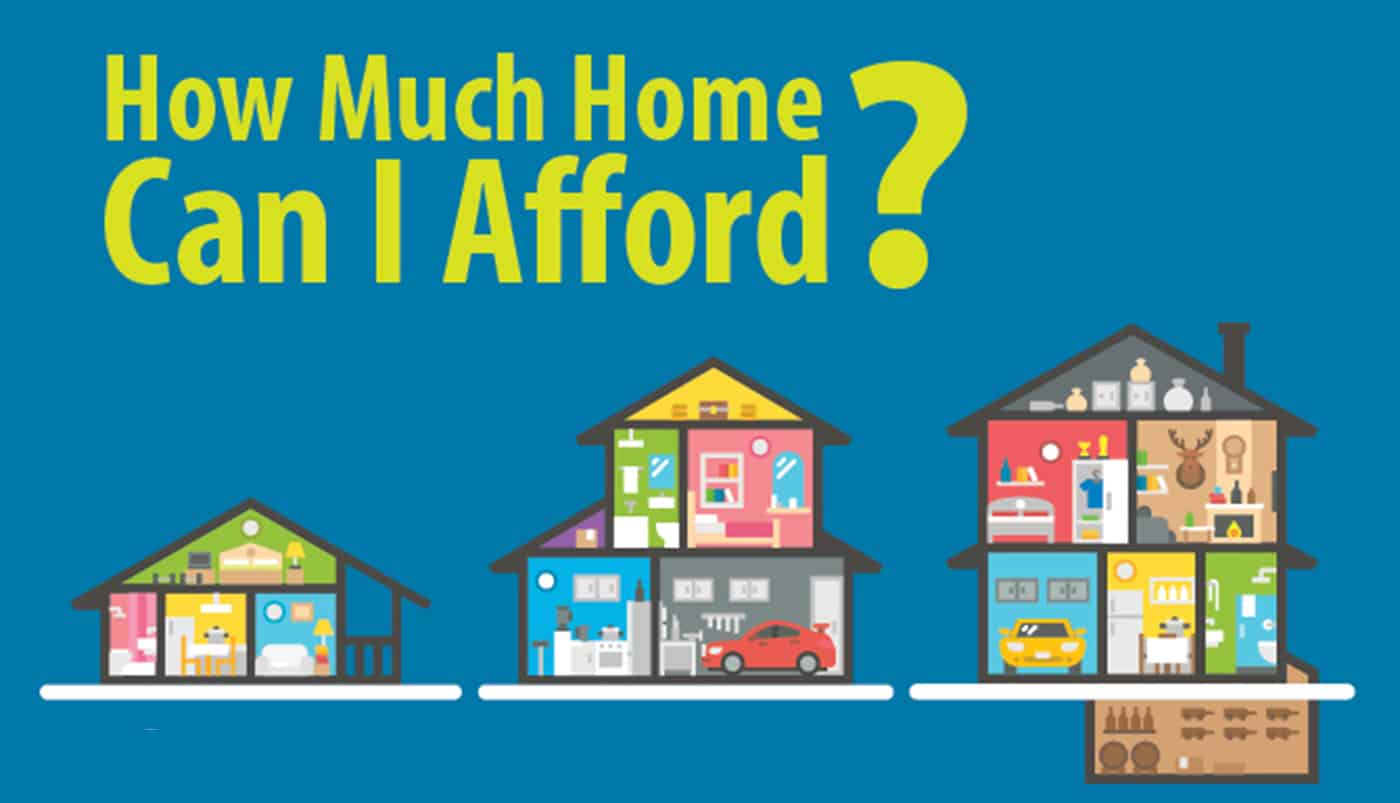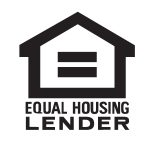Congratulations! Even if you are deciding to buy your own house is no less than an achievement. It’s exciting and a dream come true, especially in a country like the US, where homelessness is one of the major issues.
But one common question that strikes almost every first-time buyer is How much house can I afford? So before you rush to any real estate agent or mortgage lender, it’s important to understand the mortgage basics and the reality of the real estate market.
In this article, we’ll discuss how to know which mortgage loan you qualify for and buy the house you can afford. Let’s get started!
Home Affordability Calculator:
Almost all mortgage lenders’ websites feature a home affordability calculator to know your budget range. This tool also helps you determine:
- The closing cost
- Monthly repayments, and
- whether or not you qualify for the mortgage loan.
All you need to do is answer a few questions like your monthly income, savings for the down payment, expenditures, and other pending mortgages if any.
Calculate DTI (Debt to Income Ratio):
To evaluate how much house can you afford, the first step is to calculate your DTI. It helps the lenders to determine the additional debt you can easily afford. In a nutshell, DTI is the first qualifying factor to get approved for a mortgage loan.
To begin with, obtain monthly debt value by adding all your fixed Monthly debts including
- Monthly rent or house payments
- Monthly child support payments or alimony
- Student loan payments
- Car payments
- Monthly credit card minimum payments
- Any other debts you might have
Important: No need to add varying debts like utility bills, grocery shopping, or other taxes.
Let’s say, your gross income per month after deducting tax income is $10,000, and your monthly debts add up to $5000. So, your total DTI ratio will be 50%.
Important Factors that decide how much home you can afford?
Besides DTI, there are several other factors that help mortgage lenders determine whether or not you qualify for loans or the monthly payments you can easily afford.
#1. Mortgage T&Cs
It’s the Mortgage terms that decide for how long you need to pay off monthly installments. Most conventional mortgage plans come with 15 years and 30 years of fixed-term plans. The monthly payments depend on the:
- Size of your down payment
- Mortgage Interest
Make sure you can afford the monthly repayment as it will be your biggest monthly debt until you completely pay off the loan.
#2. Mortgage Interest Rate
It can be fixed or adjustable depending on the selected mortgage plan. So, try your best to negotiate the interest rates when buying a new home, vacation home, or applying for a refinancing loan. Even a 0.5% of interest rate can save you hundreds of bucks. Interest rates are decided by:
- The size of your down payment.
- FICO score.
#3. Monthly budget
No one else than you know your budget, assets, and savings. Make sure our monthly payment fits in your budget without compromising on other essential debts. Don’t know exactly what’s your budget? Keep a track of your fixed and varying monthly expenses for a couple of months.
#4. Down Payment
To get a Freddie Mac or Fannie Mae loan, you need only a 3% down payment with PMI insurance. Though it’s better to save 20% down payment for better loan options. The higher the down payment, the lower will be your mortgage interest. The additional benefit of the sizeable down payment is no need to pay mortgage insurance.
#5. Reserves
These are the additional savings that you can use to pay monthly mortgages in case of any emergency or loss of your job. Though it’s better to save at least 2-3 monthly repayments before you buy the house. So it’s important to track your gross income, taxes, and all the debts.
#6. Additional Expenses
Except for the down payment and PMI (Private Mortgage Insurance), there are other expenses you need to pay. It includes
- Closing Costs: After the final lock-in in the deal, the Client also needs to pay the loan origination fee, title search fees, appraisal fees, and credit score. It will cost you around 3 – 6% of the home value.
- Property Taxes: Once you become a property owner, by default it’s your liability to pay the property taxes. It is equal to the calculated home value X local tax rate. You can also contact our local loan officer to evaluate the property tax.
- Homeowners Insurance: It depends on the region, your neighborhood, and the size of your home. Insurances also include the potential renovation costs and your at-risk assets.
Get Pre-approved today with a US Mortgage!
In a nutshell, it’s your financial condition, your choices, and your affordability. Connect with our lending officer today to know the different loan options and evaluate your credit score. Find the home location and check whether or not you qualify for the home mortgage!





